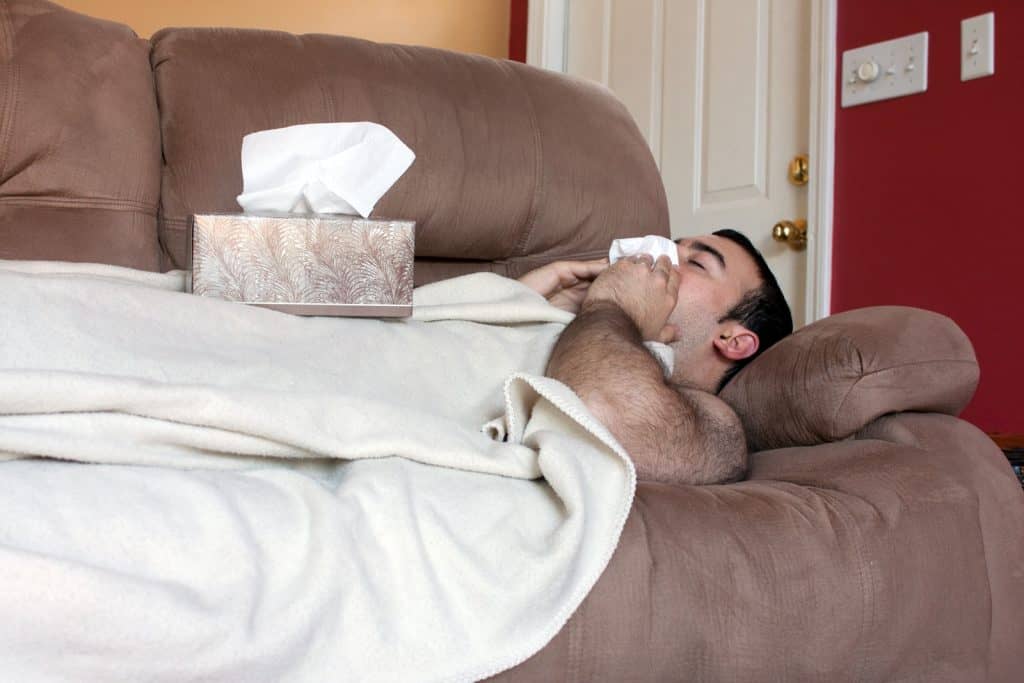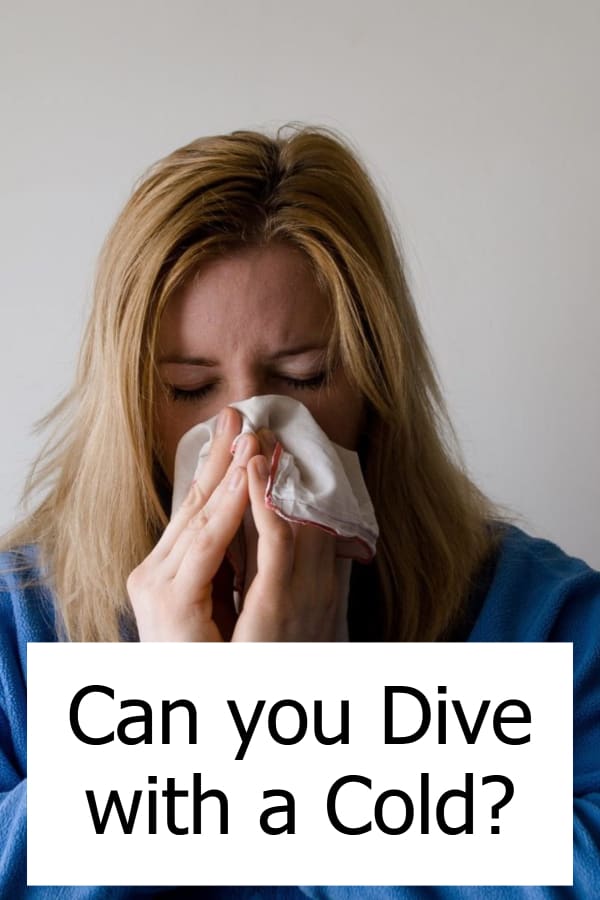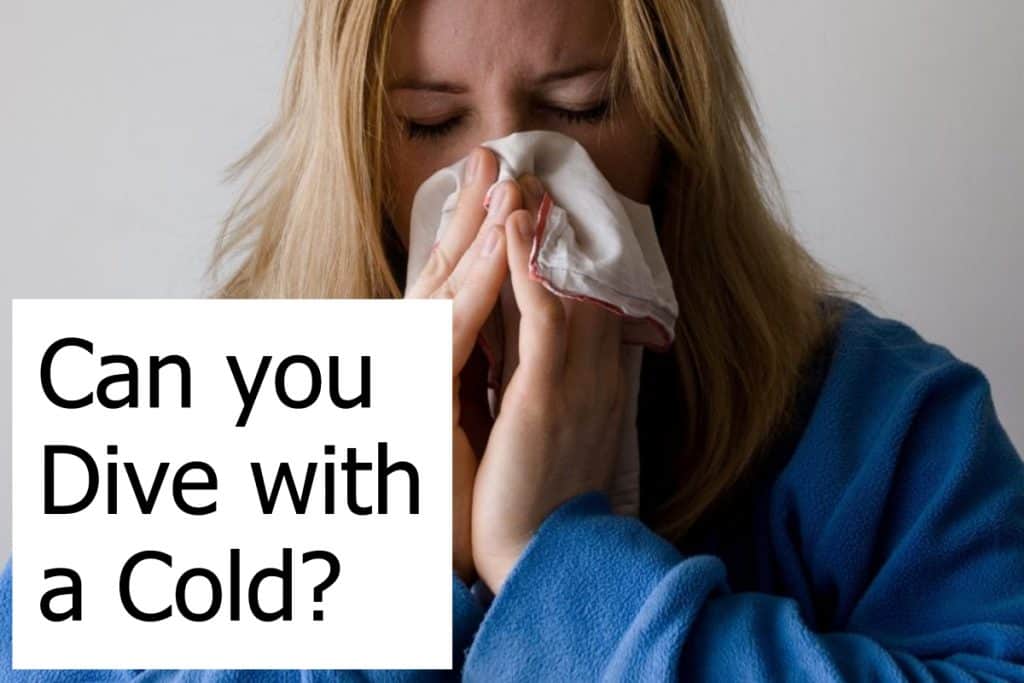Can you Dive with a Cold?
You booked your trip months in advance. Counted down the days until you’d be in the water again. Packed, prepped, and daydreamed about the upcoming scuba experience.
But then, after a long, cramped flight, the worst happens: you start feeling the early symptoms of a cold. The labored breathing, achy muscles, and pressure behind the eyes.
As things get worse, you start to question whether you can handle a scuba dive. Is it going to make your discomfort worse? Or, is it actually dangerous to go through with it?
Maybe you’ve been lucky enough to never have to face this scenario, but because all of us are more vulnerable to getting sick while traveling, it’s a good idea to read up on your options just in case.
Risks of diving with a cold
Having a cold on dry land is usually nothing more serious than some temporary feelings of tiredness and pain, but underwater, things are more complicated. There are two main risks, and they have to do with the ear canal and the respiratory system.
In the ears
When the cold virus starts to run wild and attack your sinus membranes, the body reacts with painful swelling. But the reaction is not just limited to your nasal cavity. It can also spread to the membranes in the inner ear, giving you a feeling of being underwater and dizzy.
And, as you know, that ear canal has got to be in tip-top shape if you’re going to be able to equalize properly while descending, otherwise you may be facing some severe pain or even a ruptured eardrum. At the same time, a swollen ear cavity may trap water, increasing the risk for serious problems like swimmer’s ear.

In the lungs, throat, and nose
One of the defense mechanisms of the body against a cold is to produce mucus, which can get lodged in the airways. This gives you the feeling of fullness and can make breathing labored and uneven. Another cause for congestion: an increase of blood in the vessels surrounding your sinuses. This leads to swelling and further constricting of your breathing pathways.
These effects together can really limit your ability to breathe openly and consistently. Not only is this a hindrance to your scuba experience, but it can also be dangerous.
Pulmonary barotrauma, for instance, is a condition which can occur if you cannot breathe normally during your ascent. Pulmonary barotrauma happens when air is trapped in the lung’s alveoli, or tiny air sacs, and expands to the point of rupturing the fragile tissue.
While that may seem drastic, these embolisms can occur with just a few feet of ascension, making any breathing issues a real concern for divers.
What you can do
Prevention, prevention, prevention. The common cold is a completely avoidable illness as long as you stay healthy, both physically and mentally.
Your immune system is strongest when you eat well, exercise, get enough sleep, and limit your stress levels. Another pro tip: lower your risk by avoiding travel during the peak common cold months of September through May. While that may seem like a large chunk of the year, chances are you’re probably planning to dive during the warm summer months, anyway.
And what about a cold that pops up just days, or hours, before the dive? Well, opinions are mixed. If you’re experiencing only minimal symptoms, some divers suggest long-lasting decongestants to avoid some of the underwater complications.
But others, who are in the majority, say you’re better safe than sorry. If your cold is severe and you’re having noticeable symptoms, it’s important to call off the dive and work on getting yourself healthy.
Even if you’re getting over a cold, or can barely feel one coming on, you never want to risk damaging your eardrums or lungs by diving. After all, the cold virus may affect your body even when you don’t experience symptoms.
The takeaway: take care of yourself and wait until you can really enjoy the dive.


